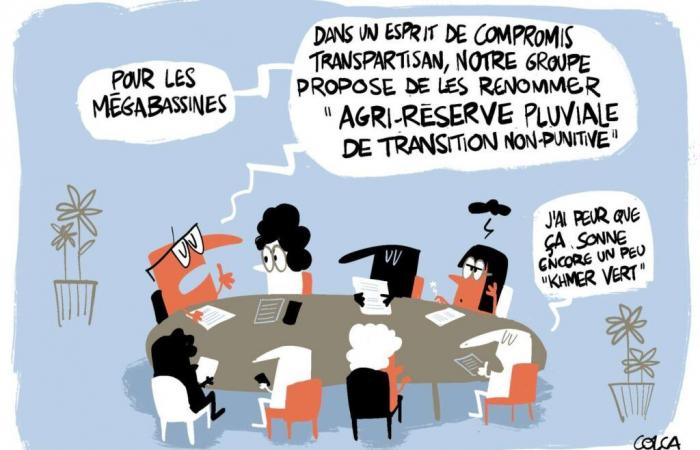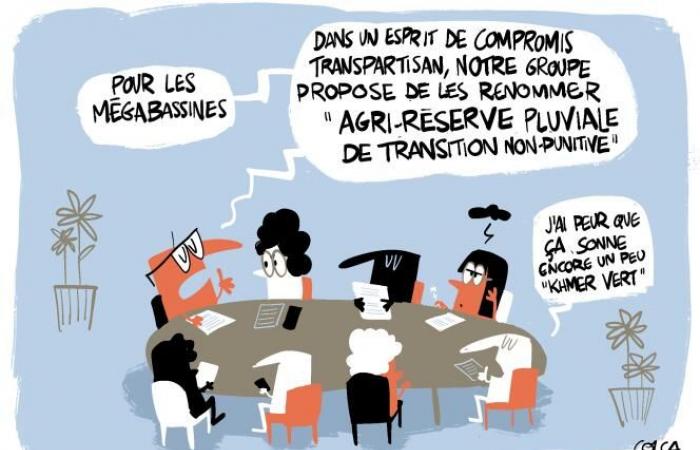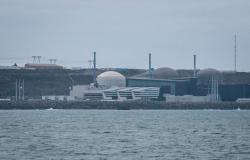During the summer, after the noise of the legislative elections, some researchers and environmental activists tried to make a little music heard. On July 11, the philosopher Pierre Charbonnier published, in the journal The Great Continenta long text, entitled “There is a green majority”. “Whatever room for maneuver the government or governments that may be formed in the coming months have regarding climate policies, a governmental balance can be found”could be read under the pen of the essayist, author of Towards the Ecology of War. An Environmental History of Peace (La Découverte, 324 pages, 23 euros). On July 18, Le Lierre, a network of civil servants involved in the climate transition, wrote a long note calling for “consultation and [à] the co-construction of policies » ecological. And then the name of Laurence Tubiana, the embodiment of the compromise of the Paris Agreement, adopted in 2015, during COP21, is mentioned to take the post of Prime Minister. Could the climate, a global subject par excellence, serve as a programmatic platform for a future coalition?
The Tubiana hypothesis will in fact have lasted only a few hours and the slim hope of a “green” alliance will quickly be drowned in the battle of names for Matignon. “On ecology, the discussions during the summer and the public debate were very weaknotes Wandrille Jumeaux, co-founder of Lierre. Policies “may not be able to agree, but they are not even trying… I include the left, which has not thought about a government platform around this theme.”
On Thursday, September 5, during the transfer of power, the new Prime Minister, Michel Barnier, certainly spoke of the “ecological debt” which weighs “ already heavily on the shoulders of our children”. But, on Friday, during his first interview on TF1, he did not specify anything on this matter, while Matignon is responsible for the “ecological planning”. Former Minister of the Environment between 1993 and 1995, will Mr Barnier have the will to relaunch the transition that has been stuck for several months due to the agricultural crisis, the state of public finances and a lack of political will? If he wants to make it a marker, the former Brexit negotiator, sitting on a majority that has yet to be built, will have to find compromises between a technophile centre-right and a left more attached to behavioural changes and an increase in budgets.
You have 72.09% of this article left to read. The rest is reserved for subscribers.







